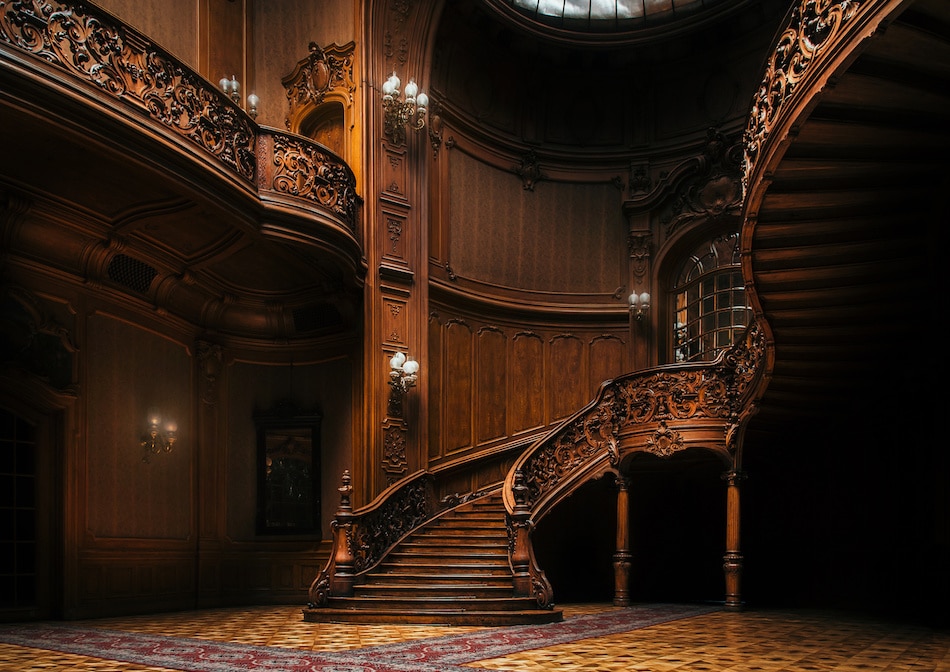
Buying a Historic Home: What Do You Need to Know?
 Historic homes often stir up a sense of nostalgia in buyers. Whether the home is associated with a famous person, an event, or simply has a beautiful architectural style and details, a historic home is an opportunity to buy a piece of history. What do you need to know before you purchase your own part of the past?
Historic homes often stir up a sense of nostalgia in buyers. Whether the home is associated with a famous person, an event, or simply has a beautiful architectural style and details, a historic home is an opportunity to buy a piece of history. What do you need to know before you purchase your own part of the past?
Is the Home Listed on the National Register of Historic Places?
The National Register of Historic Places (NRHP) is a list of historically significant homes and properties that is maintained by the National Park Service. Properties can be placed on the NRHP if they are associated with a historically prominent person or event, if the home has historical architecture, or if the home is a potential source of information in the future. Being on the NRHP is financially advantageous if the property’s historical connections make it a place of business. Properties that generate income, as in admission fees, can qualify for a 20 percent rebate on renovations.
Are There Any Tax Incentives Available?
While the federal tax incentives are limited to income generating properties, state and local laws may be more generous. Oftentimes, historic homes and properties are located in city centers where local governments would like to encourage private investment. These governments may offer generous tax breaks to encourage redevelopment, renovation, and preservation efforts in historic neighborhoods or city landmarks.
Do State or Local Laws Restrict Your Renovation Plans?
Along with historic designations come restrictions. You may view a historic property as an excellent fixer-upper opportunity, but be sure to check local ordinances prior to taking the renovation plunge. In order to protect the historic quality of a neighborhood, local governments may have restrictions on the types of renovations a homeowner can complete. While they want to encourage private investment, they do not want to lose the historic value of these properties.
What Problems Does the Home Come With?
When purchasing a historic home, you are obviously purchasing an older home and all of the issues that come with it. Prior to closing, make sure to hire a home inspector with experience inspecting historic properties. Familiar with older construction materials and methods, an experienced inspector may uncover issues that someone else may miss. In particular, consider the following questions:
- Is the foundation intact?
- Is the home structurally sound?
- Did they use building materials that may be hazardous or problematic, such as lead-based paint or asbestos?
- How old are the home’s plumbing and electrical systems?
- What condition is the roof in?
- How old are the windows?
- How is the home insulated, heated, and cooled?
Another important question to consider would be “is this home truly suited to my lifestyle?” You may be in love with a shabby chic farmhouse, but can you live with one bathroom on the main floor, all the bedrooms upstairs, and closet space from the 1930s? If the home doesn’t function well for your family and lifestyle, your happiness will be short lived.
Each of these questions points toward issues that could be costly. Remediating asbestos or heating an uninsulated home greatly add to the expense of remodeling or living in a historic home. A buyer interested in purchasing a historic home shouldn’t expect to buy a property that is issue-free, but rather, evaluate the home’s issues and make sure that addressing them are within your financial reach.



